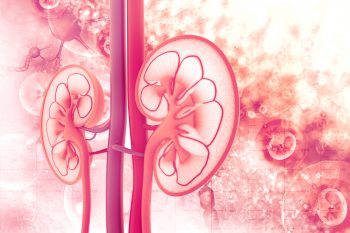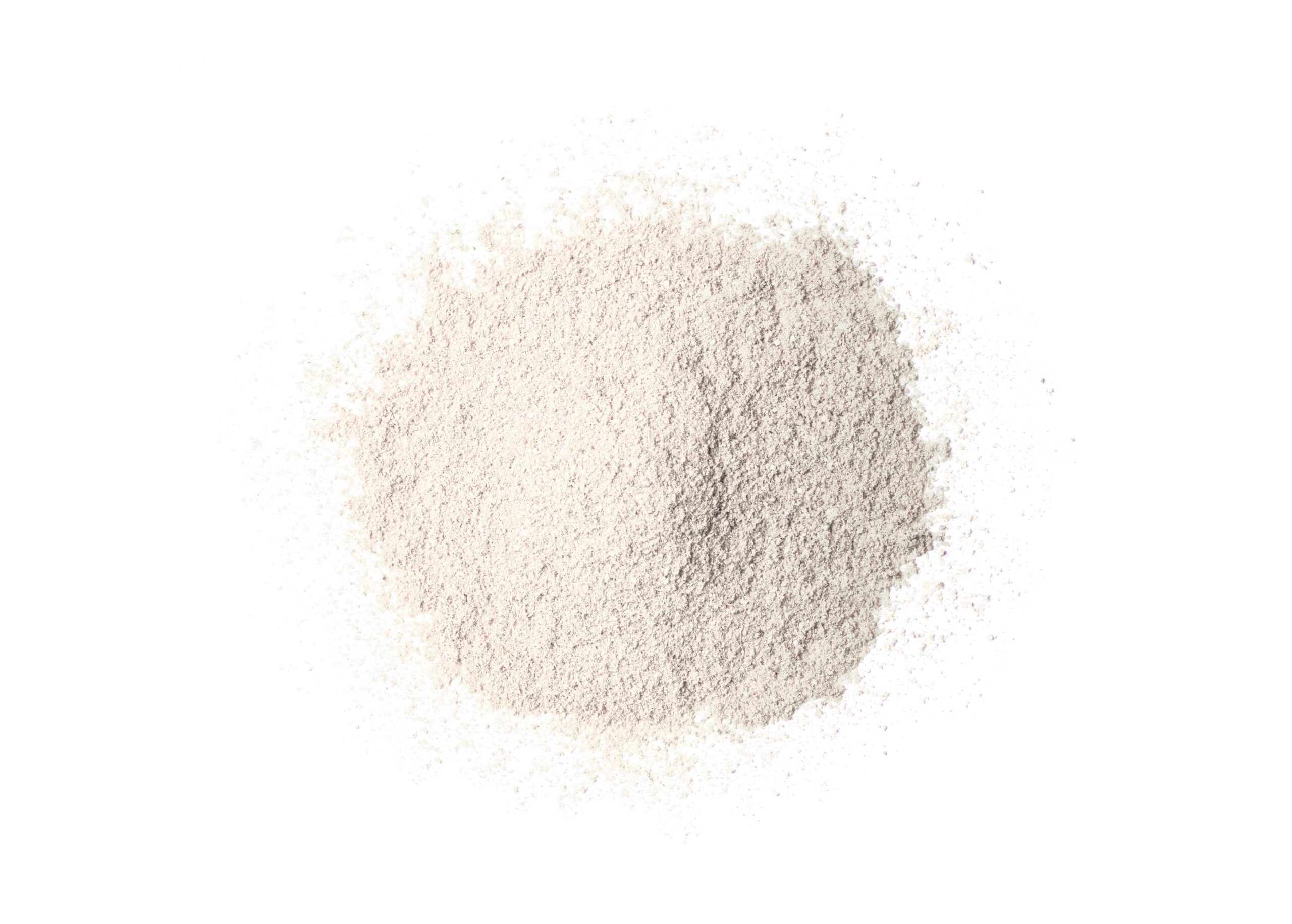hyperkalemia
Advertisement
A study examined the efficacy of adding SZC to allow patients with stage 3-4 DKD to maintain treatment with RAASi.
Dietitian Jessica Strawn offers tips on how to prevent dialysis patient hospitalizations during the holidays.
Anjay Rastogi, MD, PhD, spoke about findings from the ZORA study regarding the efficacy of SZC for hyperkalemia.
Transplant recipients often present with characteristics that may be associated with hyperkalemic renal tubular acidosis.
Changes to the ordering plan could help optimize the use of SZC to treat acute hyperkalemia.
Severe hyperkalemia after adrenalectomy is rare but can be managed medically with sodium zirconium cyclosilicate (SZC).
Pooja Desai discussed a study examining short- vs long-term results of SZC therapy on hyperkalemia-related hospitalization.
Patients with chronic kidney disease (CKD) may lack awareness of medication options for managing hyperkalemia.
Life-threatening hyperkalemia can be treated successfully with medical management instead of dialysis.
Long- and short-term use of SZC were compared to assess their association with rates of hyperkalemia-related hospitalization.
Research has begun to question recommendations to restrict potassium with CKD to manage hyperkalemia.
Researchers studied the prevalence of hyperkalemia in patients at a facility in Durban, South Africa.
Researchers reported on real-world use of SZC for hyperkalemia in a cohort of Asian hemodialysis patients.
Potassium adsorbents lower serum potassium levels but their effects on mortality and rehospitalization rates were unclear.
Researchers sought to determine the palatability of SZC, patiromer, and S/CPS in patients with CKD and hyperkalemia.
Experts developed consensus statements for management of hyperkalemia in the Asia–Pacific region.
Advertisement

















 © 2025 Mashup Media, LLC, a Formedics Property. All Rights Reserved.
© 2025 Mashup Media, LLC, a Formedics Property. All Rights Reserved.